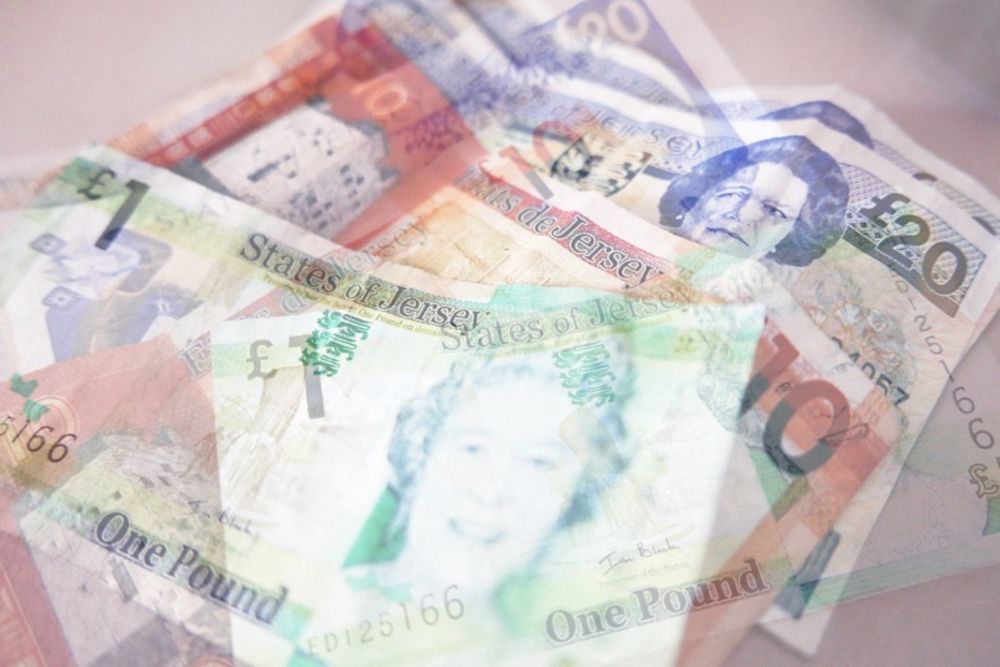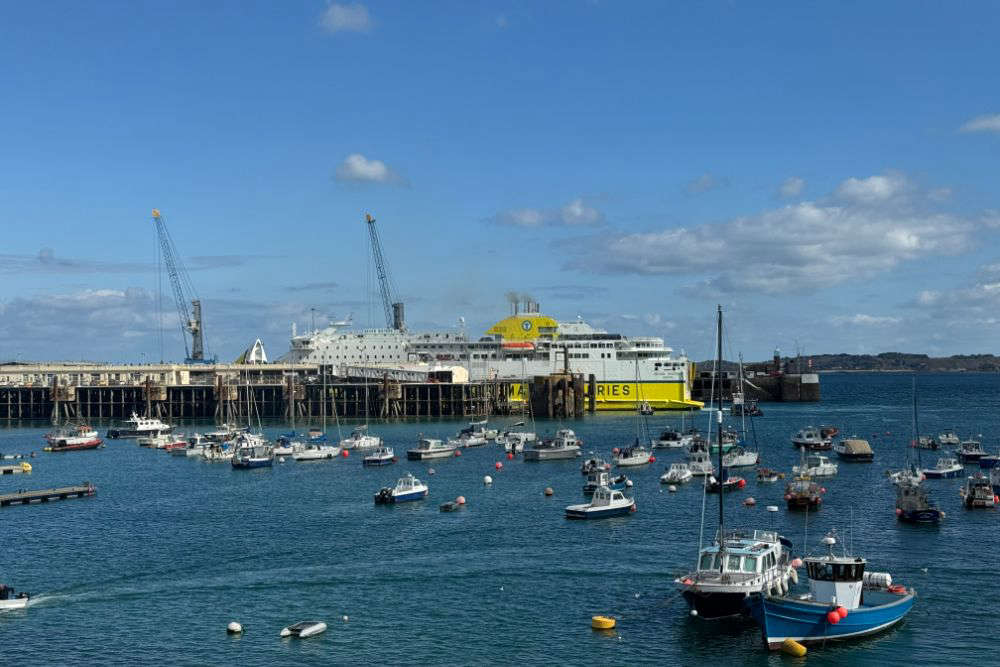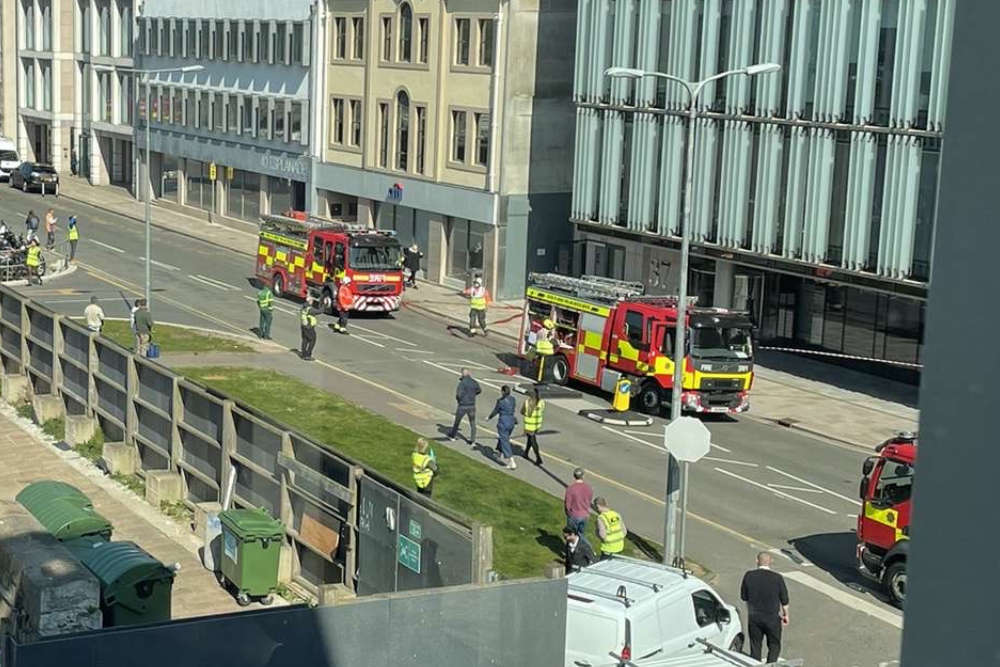
Jersey's government has been advised by economic experts to take 'urgent action' to replenish dwindling emergency reserves that are leaving the economy vulnerable to a downturn.
The pot, formally known as the 'Strategic Reserves' and commonly called the 'rainy-day fund', currently sits at just above 50% of GVA.
That is down from more than 70% in 2019 and is half of what is recommended.
GVA is the value of goods and services in an economy.
The panel is 'concerned' that there isn't enough in the reserves to absorb the shock of a downturn in the island's banking and finance sector, which makes up 20% of the economy.
Channel 103 asked panel member Professor Richard Davies if we were too reliant on the industry. He told us that it brings a number of benefits with it.
"As with any economy, you wouldn't want to do anything to reduce that strength.
Think of the technology firm Nokia, and Finland. Would the country be better off without Nokia? No, of course not. It's a vital firm, but if it has a downturn it will affect Finland.
Jersey is driven on by the financial sector, and if it faces downturns that will affect the wider economy."
The sector has seen a boom in recent years as the Bank of England has put up interest rates to counter high inflation. That has boosted profits for lenders.
Jersey's inflation rate has remained stubbornly high, - currently sitting at 10.1%, while in the UK and Guernsey it has slowed.
Professor Davies predicts the rate of inflation here will fall 'steadily'.
"The central expectation is for the rate to get back towards the Bank of England target of 2% in the next 2.5 years.
That said, there are lots of risks to that. The things to look out for are the potential re-escalation or intensification of war which will impact on oil prices.
The price of oil impacts everything in every economy. It affects the price of petrol, plastic and freight.
There are real risks inflation will remain elevated for longer, but we aren't seeing that at the moment."


 Civil Service recruitment freeze extended
Civil Service recruitment freeze extended
 Industry rumours of Bergerac second series
Industry rumours of Bergerac second series
 DFDS brings in replacement ship for Portsmouth sailings
DFDS brings in replacement ship for Portsmouth sailings
 100 days until Orkney Island Games begin
100 days until Orkney Island Games begin
 £200k padel facility coming to Les Ormes in May
£200k padel facility coming to Les Ormes in May
 Jersey Opera House opening show announced
Jersey Opera House opening show announced
 Two islanders trapped in a lift rescued from sixth-floor fire on the Esplanade
Two islanders trapped in a lift rescued from sixth-floor fire on the Esplanade
 Rooftop bar, climbing wall and concert hall in £110m Fort Regent plans
Rooftop bar, climbing wall and concert hall in £110m Fort Regent plans

